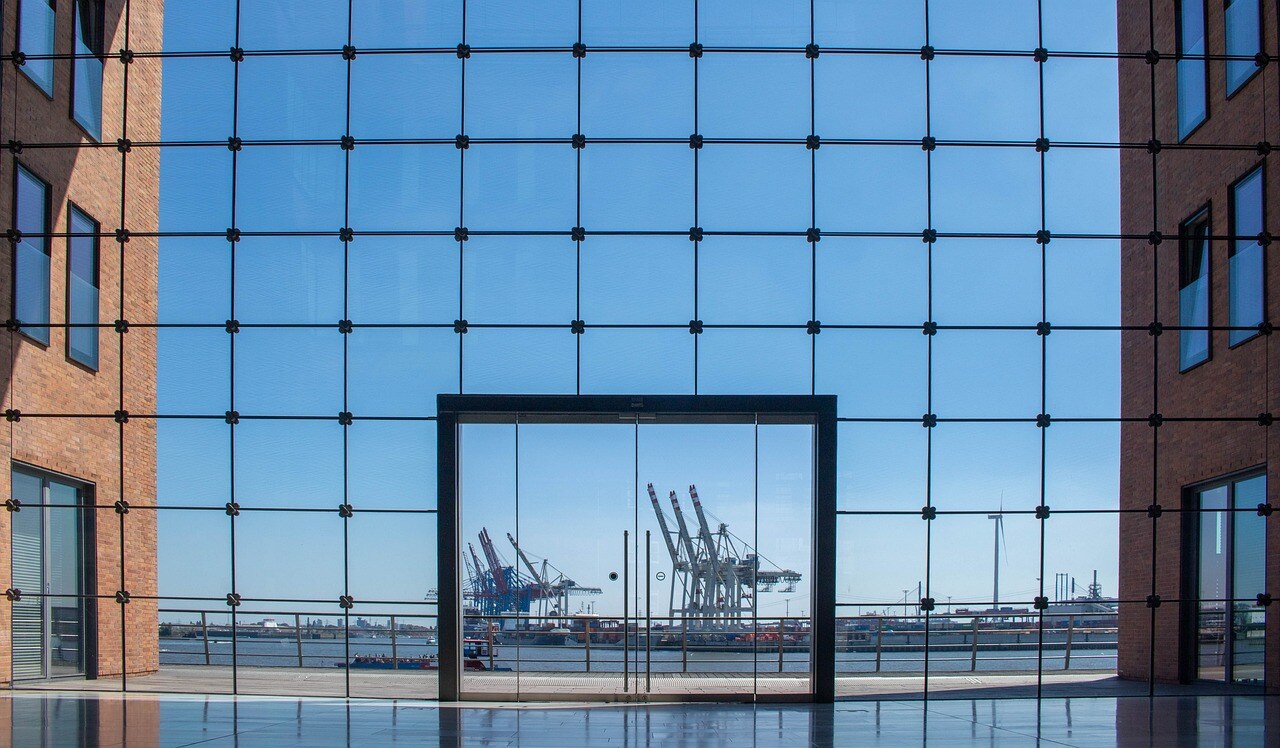This blog explores the multifaceted advantages of investing in sustainable transport practices and highlights how they contribute to maintaining business performance and competitiveness.
Understanding sustainable transport practices
Sustainable transport practices encompass a range of initiatives to minimise the environmental impact of transportation activities while maximising efficiency and resource utilisation.
A pivotal practice to consider is route optimisation. For example, last-mile delivery optimisation is crucial because this delivery phase “contributes to approximately 30% of CO2 emissions” (source: Kardinal in the sector).
Some additional practices include:
- Increased collaboration locally and globally, depending on your size.
- Promote the use of recycled materials and switch to sustainable packaging.
- Use renewable energy to reduce reliance on fossil fuels, e.g. switching to EV fleets.
- Increasing efficient fuel usage.
- Calculate and manage your carbon footprint – which is particularly important.
For a more detailed breakdown, check out Spotos’ article on the 13 best practices for sustainable logistics.
Why are they relevant to my business?
All of the above have a varied level of relevance, which is dependent on your business function. For example, shipping firms could explore freight collaboration instead of enhancing fuel efficiency, which would be more relevant to a smaller delivery company.
On the contrary, calculating your carbon footprint is an exercise all businesses, whether small or large, can undertake. Understanding your business’s impact on the environment will help you decide what practices to explore and adopt to help work towards a sustainable future.
The business case for sustainable transport
In today’s competitive landscape, investing in sustainable transport practices is not just an ethical choice but a strategic one for businesses. Beyond the environmental advantages, embracing sustainable transportation offers a myriad of benefits that directly impact business performance.
Firstly, by optimising routes and utilising fuel-efficient vehicles, companies can substantially reduce operational costs through fuel savings and decreased maintenance expenses.
Moreover, adopting eco-friendly initiatives enhances brand reputation, positioning companies as responsible stewards of the environment. This, in turn, fosters consumer trust and loyalty as customers increasingly prioritise businesses that align with their values.
Several companies are already turning intent into action. Amazon, UPS, A.P. Moller, and DPD have all implemented various innovative strategies to start limiting their effect on the planet.
Amazon, renowned for its online retail presence, has increased its logistics operation in recent years, and the size of its distribution network has doubled in its attempt to compete with other delivery companies.
To support its commitment to decarbonising transportation across the company, Amazon has begun reducing its reliance on air freight and focusing on shifting to ocean freight, which has a lower carbon intensity.
Also, as a founding member of the First Movers Coalition, they have “committed to using ships with zero-emissions for at least 10% of the volume of its goods shipped internationally by 2030 and 100% by 2040”.
In 2023, they began working with renewable fuels tech company Infinium to power its trucking fleet with ultra-low-carbon electrofuels. Moreover, they have trialled battery-electric trucks and even hydrogen-powered trucks.
Amazon has been focusing on EV delivery vehicles. In 2019, they made history by making the largest-ever order of EV delivery vehicles, acquiring 100,000 custom EVs from Rivian, rolled out across the US.
Find out more about the top 10 sustainable transport and logistics companies in the article from Sustainability magazine.
Every business has different capabilities regarding the practices it can explore and apply. This is down to the level of interest amongst the various stakeholders within the company, internally and externally, and the amount of capital and resources available to commit to focusing on implementing sustainable practices.
Driving competitive advantage
Sustainable transport practices offer a dual advantage: reducing carbon footprint while gaining a competitive edge. By embracing eco-friendly transportation methods, businesses meet consumer demand for sustainability and differentiate themselves from competitors.
Sustainable transport attracts environmentally conscious customers and positions companies as leaders in corporate responsibility, driving competitive change in the marketplace.
In Summary
In conclusion, the imperative for businesses to invest in sustainable transport practices has never been clearer. With the logistics and transport sector contributing significantly to global carbon emissions, companies face increasing pressure to mitigate their environmental impact.
Sustainable transport practices offer a multifaceted solution: They reduce carbon footprint, enhance operational efficiency, and bolster brand reputation.
By optimising routes, utilising fuel-efficient vehicles, and embracing eco-friendly initiatives, businesses can drive down costs, attract environmentally conscious customers, and gain a competitive edge in the market.
Industry leaders like Amazon, UPS, and A.P. Moller’s examples demonstrate the tangible benefits of prioritising sustainability for the planet and business success.
As companies navigate the evolving landscape of corporate responsibility, investing in sustainable transport practices emerges not only as an ethical imperative but also as a strategic imperative for driving competitive change and securing long-term viability in an increasingly sustainability-focused marketplace.







